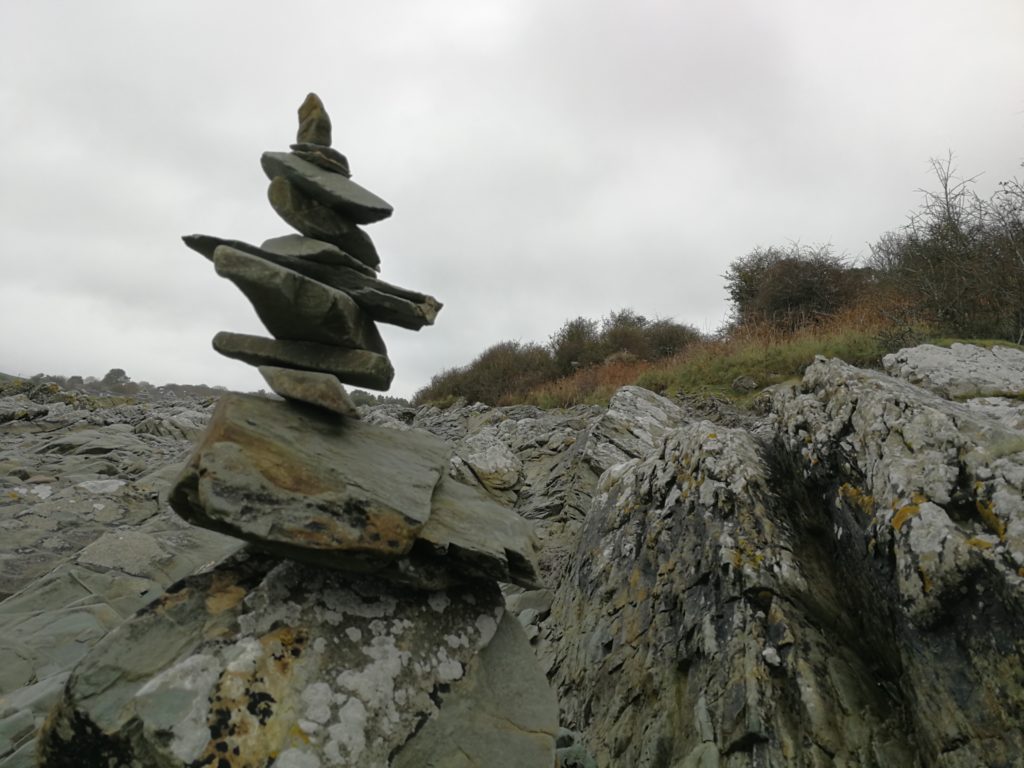
This week I have been helping the University of Dundee Early Dispute Resolution team with interviews for new mediators for their team. Before the Covid situation I’d have been enjoying my train journey up to Dundee, the thinking time and the beautiful sights that journey brings. This week it’s meant some additional online Teams meetings in my schedule and what has surprised me is how easy it has been to get a good sense of the people who have applied and their enthusiasm for being part of the mediation team at the University.
The University is one of a growing number who have teams of mediators able to help with disputes and disagreements between individuals and work colleagues and in doing so promote a positive communication culture in the University. As their name suggests, the benefits of using the Early Dispute Resolution Team is that disputes can often be resolved earlier thus avoiding long drawn out grievance and complaints procedures. In my experience anytime I have had to be involved in grievances and complaints the time involved for everyone involved is substantial and has a significant impact on my and the organisation’s work. They often also don’t end well with nobody being happy with the outcome. The value of the professional work the team carry out at Dundee should not be underestimated and my experience such investment from the University will always pay dividends.
It was very interesting to hear why people wanted to be mediators. For some people, the experience of attending a workshop run by mediators to help a team work better together was the reason. They had found the experience empowering and thought they’d like to be a part of it. A common theme was that of the ‘people’ focus of mediation and helping people to arrive at their own solutions.
In the discussions that continued throughout the interviews, people were reflecting on the situations where they had observed mediation being used and in one scenario it was clear that had mediation not been available a possible outcome may have been someone losing their job. As it turned out that didn’t happen and what was clear was that the conversation mediation allowed to take place, led to an understanding that someone not doing things exactly in the way required wasn’t down to someone being awkward or not trying their best. A little flexibility and understanding led to an agreed way forward.
Not all organisations have the scale of operations to support a mediation team and for those who can’t, mediators can easily be accessed through the Find a Mediator facility on the Scottish Mediation website.
This year Scottish Mediation launched a Scottish Mediation Charter to help promote organisations using mediation. All that is required is for an organisation to commit to considering using mediation when disputes arise and where appropriate giving their staff mediation skills to help resolve disputes. One of the ways we hope the Charter can help is by bringing Charter Partners together from time to time to share experiences and to learn from each other. If you’d like to find out more about the Charter visit our website www.scottishmediation.org.uk